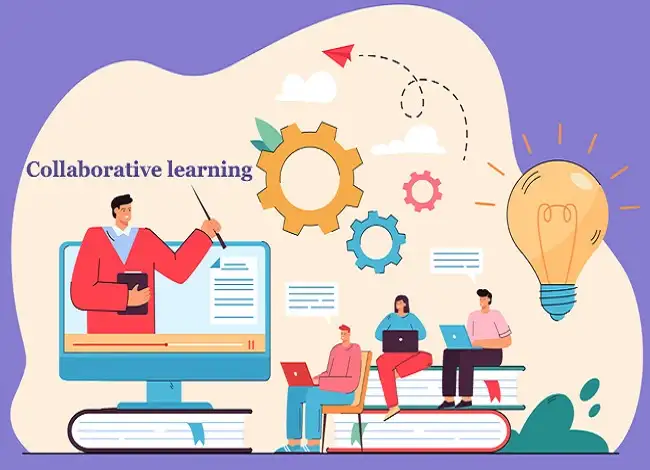مزایای یادگیری مشارکتی در آموزش زبان دوم – 10 مزیت مهم
یادگیری مشارکتی از روشهای نوین و کاربردی برای آموزش زبان می باشد. در این مقاله، شما را با مزایای یادگیری مشارکتی در آموزش زبان دوم و نحوه بکارگیری متفاوت آن در آکادمی LELB Society آشنا می کنیم. در عصر حاضر استفاده از روش های سنتی و کتابی آموزش زبان برای زبان آموزان خسته کننده و…




